CSUN Leaders Spotlight Importance of College Education on “Super Sunday”
Four California State University, Northridge leaders shared personal stories at predominantly African-American churches on Sunday to reinforce an important message to potential students and their families: CSUN will work with families to get students into school, and then unlock the life-changing opportunities that come with a college degree.
Speaking at H.O.P.E.’s House Christian Ministries in Granada Hills, CSUN President Dianne F. Harrison credited her whole career to her degrees. She also spoke about witnessing the limiting impact of not having a degree — her mother dropped out of school two weeks shy of earning a nursing degree, losing salary for the rest of her career.
“A degree in your hand is extremely valuable and can make a difference in lifetime career earnings, as well as opening doors of opportunity that will otherwise remain closed,” Harrison said.
CSU Super Sunday is an annual event that aims to increase the preparation, retention and graduation of African-American students. Since 2005, the California State University (CSU) has partnered with California churches serving predominantly African-American congregations, connecting with black families, prospective college students and parents. On Feb. 25, leaders, trustees, campus presidents and alumni visited nearly 100 churches across the state to encourage students to pursue higher education.
In addition to Harrison, three CSUN leaders delivered speeches at area churches: Vice President for Student Affairs and Dean of Students William Watkins spoke at Ward African Methodist Episcopal Church in Los Angeles; Associate Vice President of Information Technology Ben Quillian spoke at Vessels of Honor Ministries International in North Hollywood; and CSU Trustee Jorge Reyes Salinas ’15 (Journalism) spoke at Living Praise Christian Center in Chatsworth.
CSUN leaders were accompanied by outreach staff who answered questions about how the CSU serves as a partner in helping students prepare for college — including preparation for the SAT or ACT — the transfer process and financial aid programs.
The speakers delivered three key message points:
- College is an engine of opportunity to power your future prosperity and ensure lifelong success;
- The CSU and CSUN are here to partner with you every step of the way to make sure you are prepared and can afford college; and
- You can succeed at the CSU — whether you’re enrolling for the first time, you’re the first in your family to attend college or you’re returning after time away.
Speakers worked to ease concerns about the cost of attending college. They noted that most undergraduates with annual family incomes below $70,000 have their tuition fully covered by grants. Nearly 80 percent of CSU undergraduates receive non-loan financial aid. More than half of CSU undergraduates who earn their bachelor’s degrees have zero college loan debt.
“The CSU wants to partner with prospective college applicants to ensure they are prepared and have access to needed financial support,” Watkins said. “Students can succeed in the CSU, in part, because of support from faculty, staff, fellow students and alumni who are dedicated to assisting students in completing their degree.”
Reyes Salinas, who is finishing his last semester of graduate school, emphasized the importance of family support in college success. He encouraged his audience to push their student relatives to stay focused and to keep studying.
“Remind them that they are worth an education and they will succeed,” Reyes Salinas said. “You don’t have to be a college graduate to support them every step of the way.
“And if you are the one attending, always tell yourself you are worth it,” he continued. “There are going to be many obstacles you’ll face, but don’t underestimate your ability and your worth.”
Quillian spoke about the impact of higher education on his own family from seeing his father, Benjamin Quillian Jr., who was the first in his family to graduate from high school and later earn a doctorate at Washington University in St. Louis. Benjamin Quillian Jr. later became a faculty member and eventually a senior administrator in the CSU, inspiring his son Ben Quillian III to pursue a career in higher education.
“It’s an investment, not only in your child, but also in future generations of your family,” he said. “It really opens up a whole range of life-changing economic opportunities, and my family is living proof.”


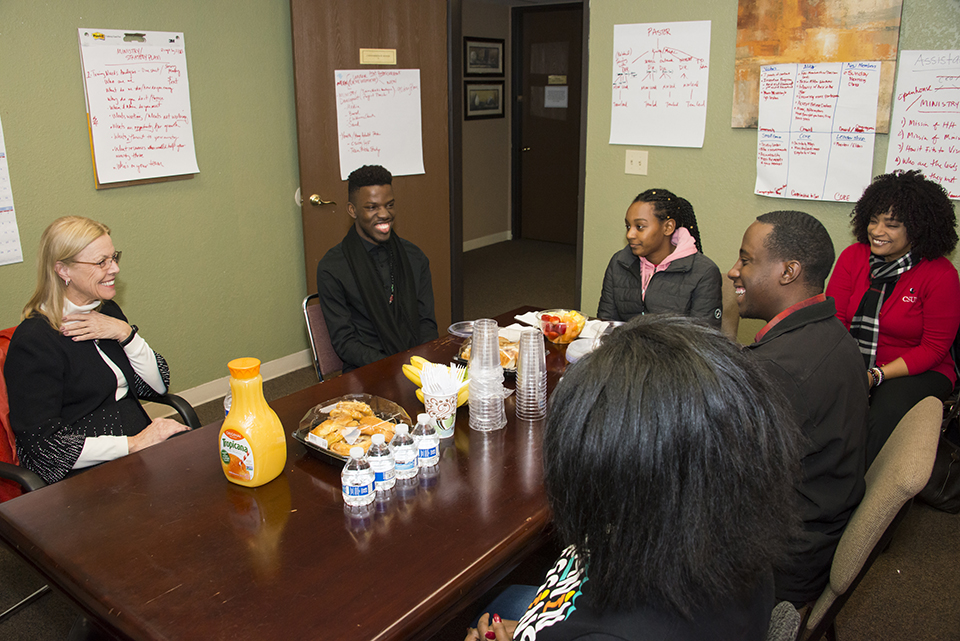
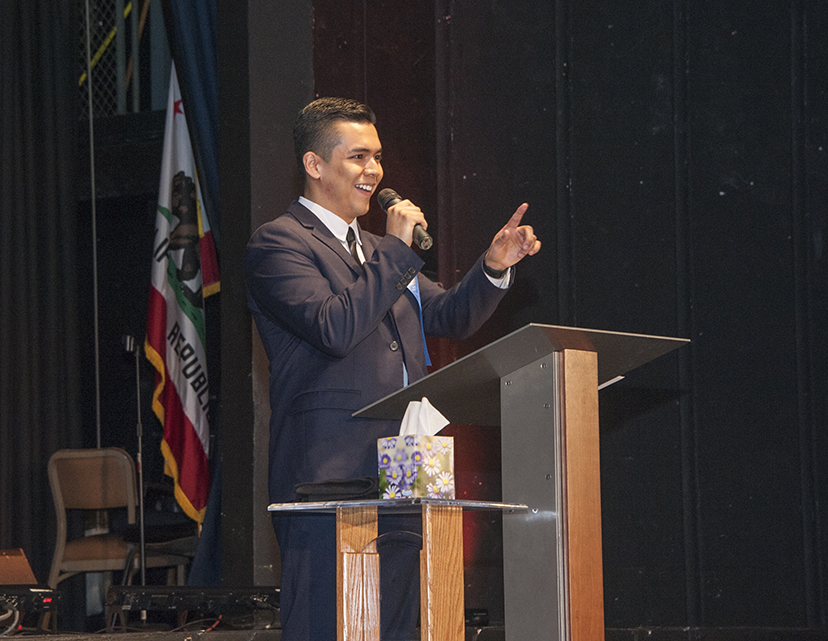
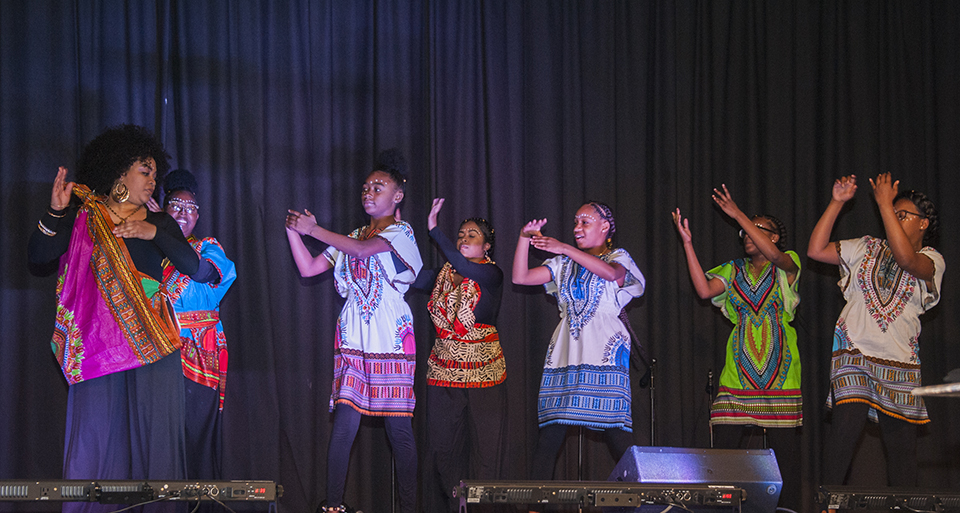
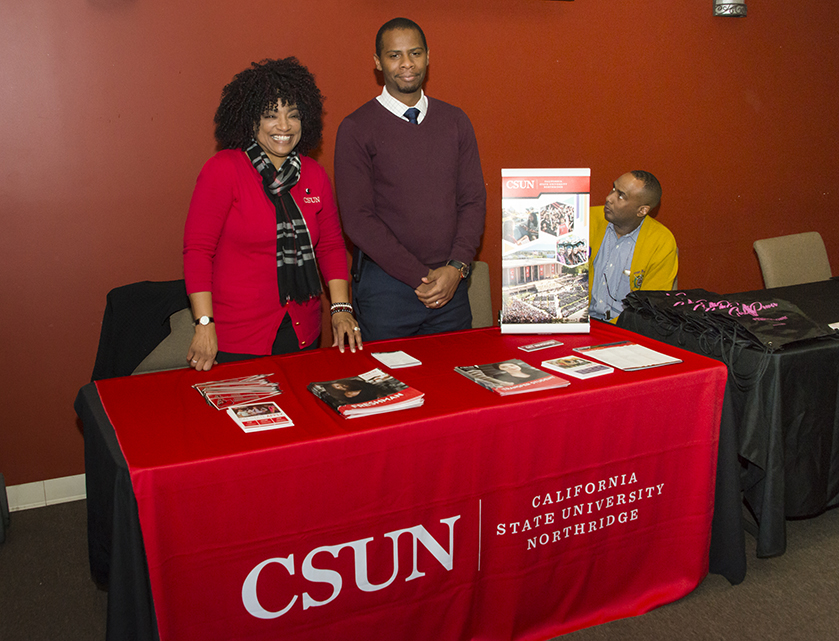
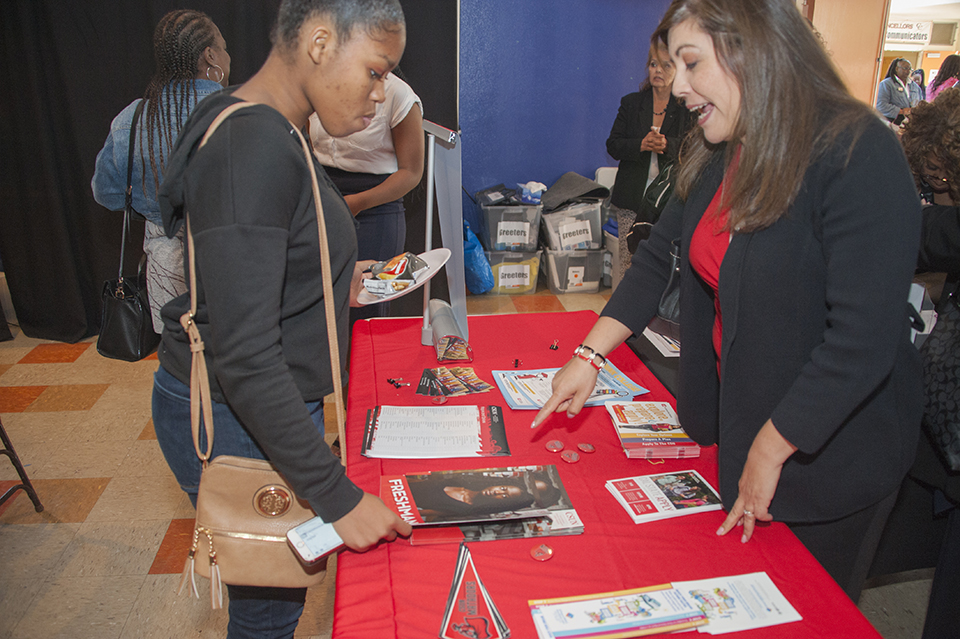
 experience
experience